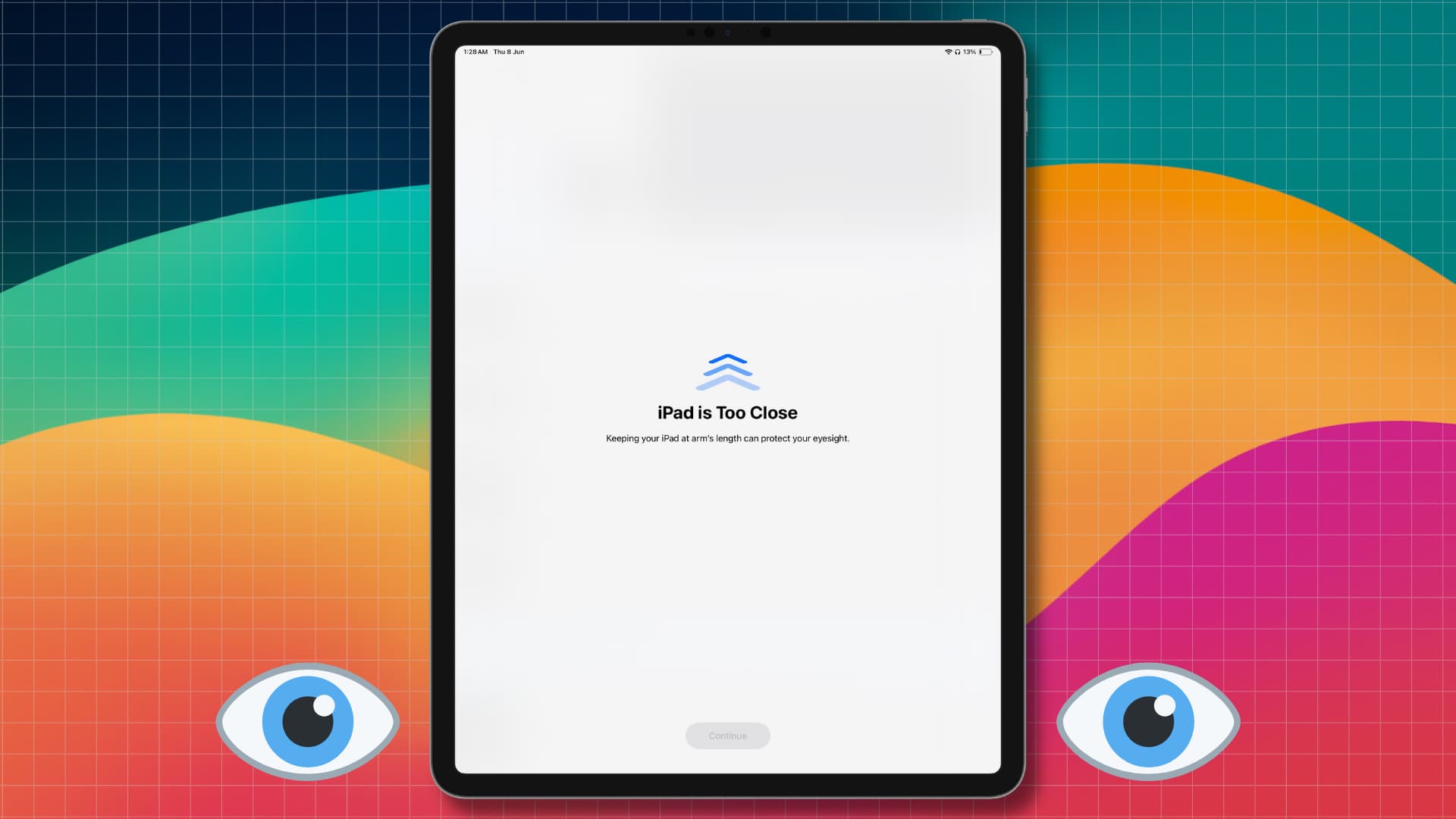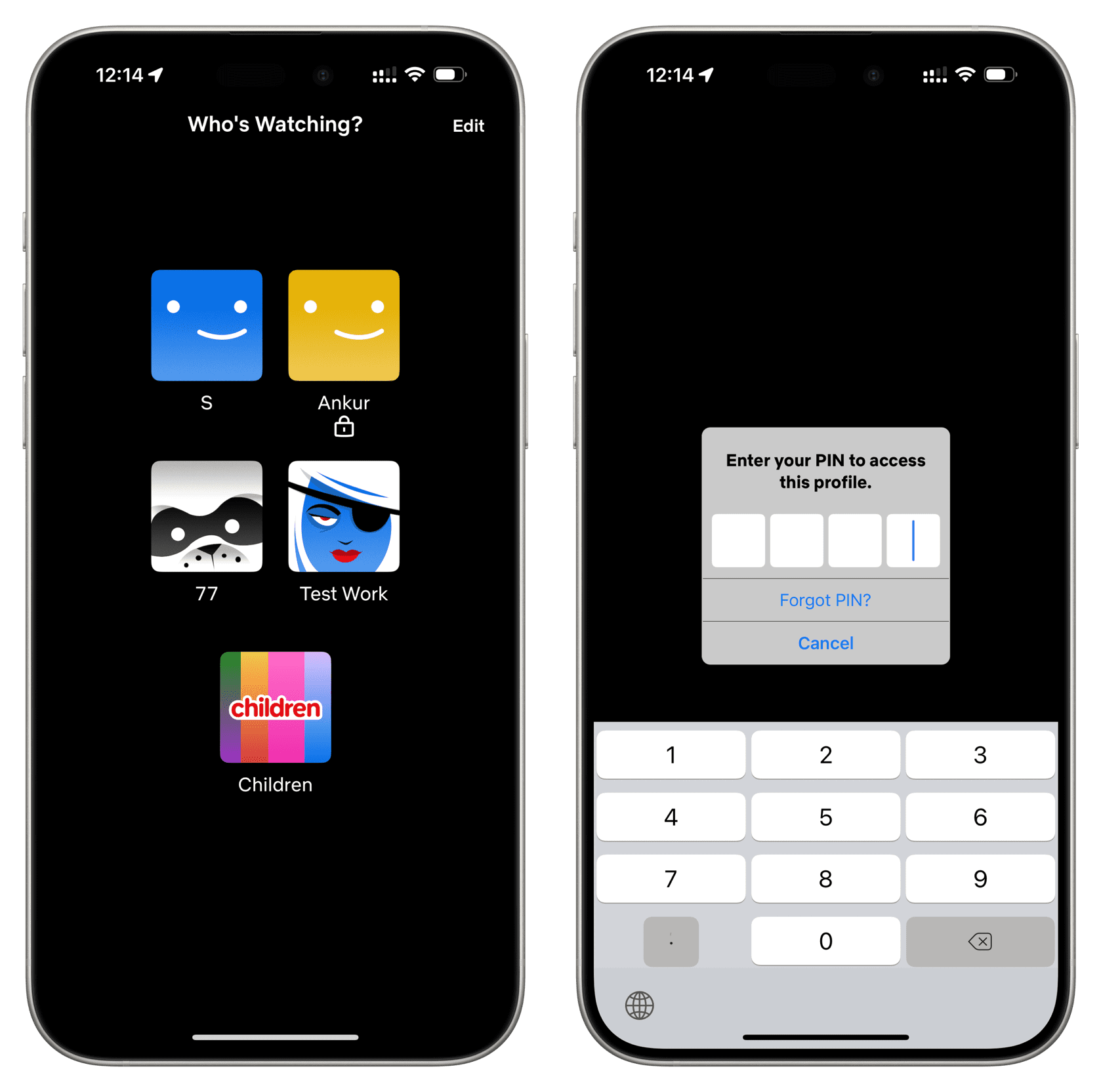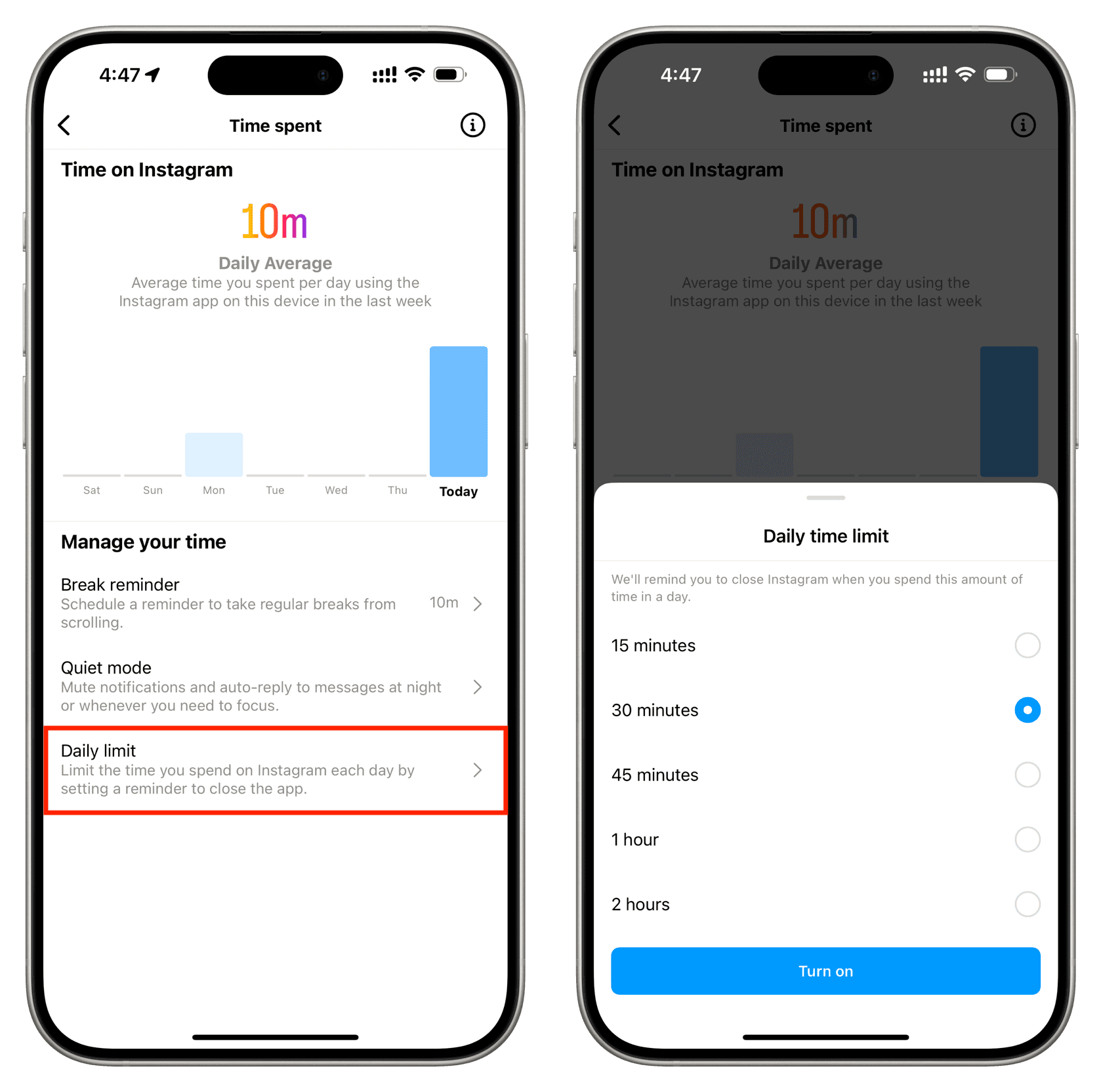How to reduce your child’s Screen Time on iPhone and iPad

This guide brings practical tips to help you understand your child’s iPhone or iPad usage and reduce their screen time so they have time for other activities.
You can set up parental restrictions in Settings > Screen Time on a child’s device or on your own device by tapping a child’s name in the Screen Time settings, provided you’ve added your child to Family Sharing.

With this basic fact out of the way, here are 15 effective tips to manage parental controls and reduce your child’s screen time.
1. Turn on Screen Time to get valuable insights
Setting up Screen Time in Settings > Screen Time > App & Website Activity > Turn On App & Website Activity allows you to track the hours your child spends using their device each day and identify changes in their usage patterns. You can also view which apps and websites they use the most frequently and at what times. Return to Settings > Screen Time after a few days (to give Screen Time enough time to collect data) to check your child’s daily device, app, and website usage.

After turning on Screen Time, be sure to create a Screen Time password to prevent further changes to your parental settings. Crucially, set up a unique four-digit passcode that’s different from the passcode you use to unlock your iPhone or iPad, and don’t share it with your child.
Your child can outsmart you by resetting their Screen Time passcode on their device by providing their Apple account password, bypassing parental restrictions. To prevent this, change your child’s Apple account password and keep it to yourself. Or, prevent password reset in the first place by choosing Cancel > Skip on the ‘Screen Time Passcode Recovery‘ screen when setting up a Screen Time passcode on a child’s device. If you do this, store the Screen Time passcode in a safe location. In case you forget it, the only way to reset it would be to erase your child’s iPhone or iPad.

2. Set up daily app limits
If your kid spends countless hours on TikTok, Instagram, Candy Crush, Netflix, or similar apps, set up a daily limit. Apple lets you set a time limit for specific apps like TikTok, app categories like Social apps (which includes messaging apps, TikTok, Instagram, and other apps), or all apps and categories (i.e., everything).

The daily app limit set in Settings > Screen Time > App Limits > Add Limit resets every midnight. Plus, even after the daily limit is reached, your child can use the app for one more minute before the Screen Time passcode locks it. In case your kid needs to continue using that app, they can ask for your permission, and you can approve or deny their request.
3. Turn on scheduled downtime
The Downtime feature in Screen Time blocks all non-essential functions on a child’s device within a specified range, such as between 9:30pm and 7am, to reduce their screen time. To configure a downtime schedule, go to Settings > Screen Time > Downtime and be sure to enable “Block at Downtime.”

Then, go to Screen Time > Always Allowed and select allowed apps and contacts during downtime. The Phone app is always allowed, so that your kid can call you in case of an emergency.

4. Set up limits for calls and texts
The App Limits and Downtime features give you control over a child’s screen time, but you can refine things further by limiting your kids can call and text during downtime. For instance, adding Messages to the ‘Always Allowed’ category will let your kid send and receive messages, even during the specified downtime period. You can also specify contacts that can always message your child. To do so, go to Settings > Screen Time > Communication Limits > During Downtime and tap Specific Contacts, then hit Choose From My Contacts to yourself and/or your spouse. This will enable your child to text you and no one else anytime they want, including during downtime.

5. Restrict them from installing new apps
If you’d like to allow your child to only use the installed apps and prevent App Store downloads, go to Settings > Screen Time > Content & Privacy Restrictions > iTunes & App Store Purchases > Installing Apps and tap Don’t Allow.

6. Block unproductive sites
If your child spends too much time on a specific website, like Facebook, you can block that site. Alternatively, set their device to automatically block all sites except those you specifically allow.

7. Set up content and privacy restrictions
Based on how your child uses their smartphone, review the options in Screen Time’s Content & Privacy Restrictions section to block any features or content you don’t want your child to access, like location sharing or Siri.

8. Turn off notifications for unproductive apps
Notifications from games and social media apps draw your kid to constantly check their device. To turn off all notifications for an app, go to Settings > Notifications, select the app in question, and turn off the Allow Notifications switch.

If you’d like your child to only receive notifications at certain times, the Scheduled Summary feature is a great option to try out. It collects notifications you receive throughout the day without displaying them, thus reducing the pressure to check every alert right away. Instead, all notifications are delivered as a bundle at the designated time to minimize distractions and help maintain focus.

9. Use the Focus feature
Set up different Focus modes (like Sports, Sleep, or others) on your child’s device and customize each Focus to only allow notifications from specific people and apps.
10. Enable the Screen Distance feature
This vision health feature prevents device usage if the iPhone or iPad is too close to the face. To start using the device again, your child must move it to a safe viewing distance, like an arm’s length. This preserves eyesight and prevents headaches. And because it’s irritating to see an “iPhone is too close” message, your kid may even start using the device less.

11. Turn the screen black and white
If your kids spend too much time watching YouTube or playing games, go to Settings > Accessibility > Display & Text Size > Color Filters and set it to Grayscale. This will replace all onscreen colors with grayscale, making whatever video they’re watching or game they’re playing dull and unappealing. You can even assign Color Filters to your Accessibility Shortcut and toggle it from the menu invoked by triple-pressing the power button.
12. Set up a long passcode
Fingerprint or facial unlock is so seamless that your kid will repeatedly unlock the device to check their social media apps. Time to make it a little more frustrating for them to unlock; on your child’s device, go to Settings > Touch ID/Face ID & Passcode and create a long alphanumeric password while turning off Face ID or Touch ID. Also, go to Screen Time Content & Privacy Restrictions and turn on the option to prevent changes to Face ID or Touch ID.

13. Delete apps like Instagram and set up web apps
Native apps open instantly and work smoothly. Many apps encourage endless scrolling, making it far too easy to lose track of time. One effective way to reduce a child’s screen time is to delete their social media app to force them to use slower, less appealing web counterparts. This should add enough friction to reduce doomscrolling.
14. Lock streaming websites
If your child spends a lot of time watching Netflix, Prime Video, or other streaming services, consider setting a lock to restrict them to kids’ content.

15. Set up in-app limits
Some apps, like Instagram, provide built-in options to manage usage. First, check the Screen Time settings to see what apps your child uses the most. Then, go to that app’s settings to reduce the distractions.

These tips will help you reduce your child’s screen time, freeing up their time for more engaging and healthier activities like sports, household chores, real-life socializing, and other valuable experiences.
More child-focused tutorials
If you’re interested in parental controls on Apple’s devices, we’ve rounded up the top child-focused features available on iPhone and iPad. If your junior uses a Mac, we have a separate tutorial explaining how to use parental controls on your child’s Mac.
If you have multiple accounts on your Macs, you can easily copy the same parental controls from one user account to another. You can also set up parental controls on Netflix.
Source link: https://www.idownloadblog.com/2025/07/30/tips-to-reduce-child-iphone-ipad-usage/



Leave a Reply